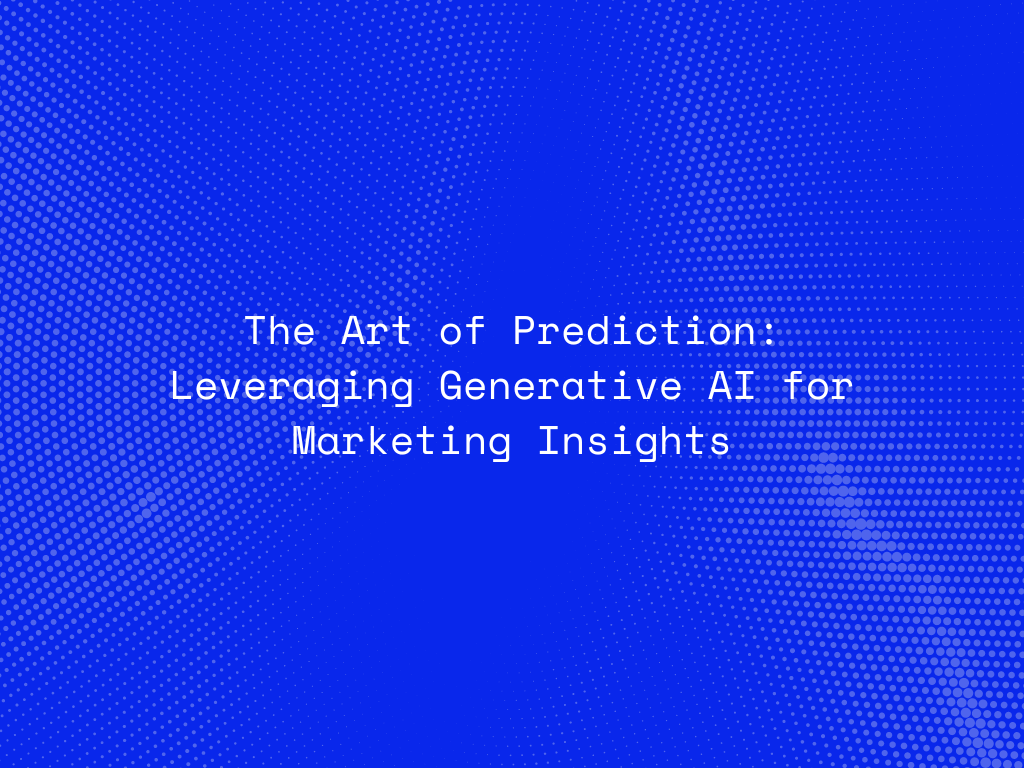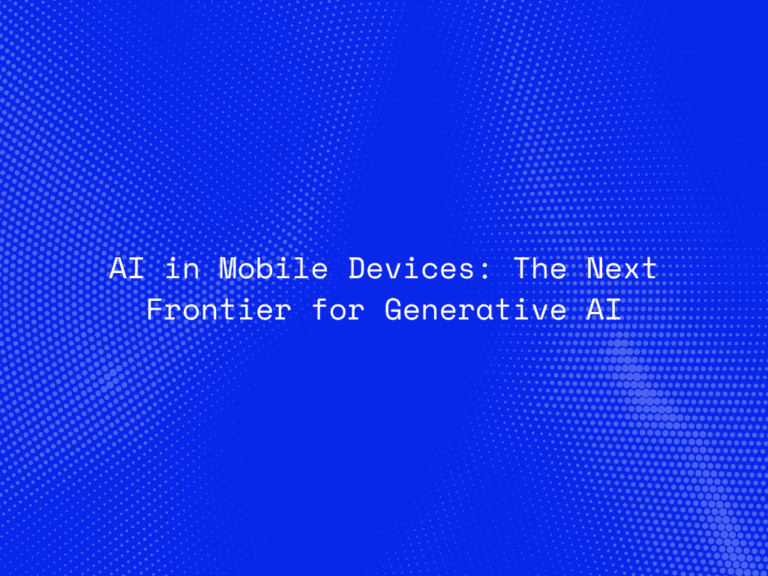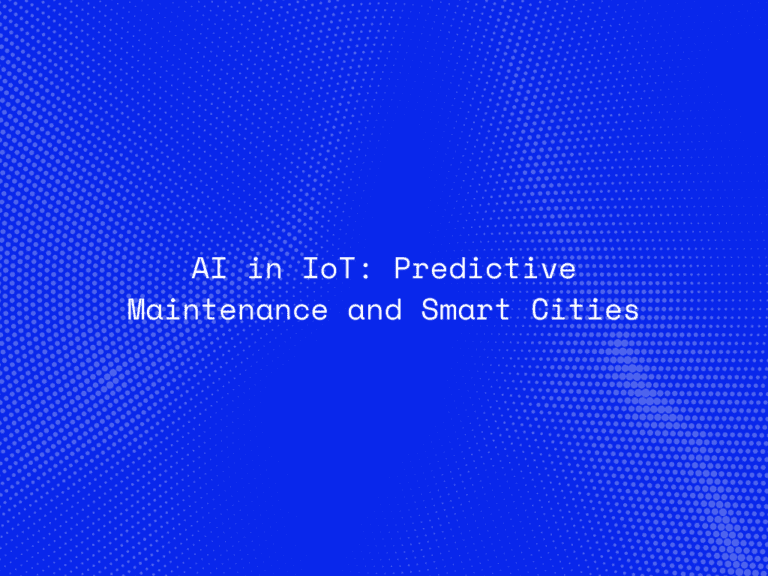In the dynamic world of marketing, the ability to anticipate trends and consumer behavior is crucial for staying ahead of the competition. Traditionally, this has relied on human intuition and analysis of historical data. However, with the emergence of generative artificial intelligence (AI), businesses now have a powerful tool at their disposal for predicting market trends and gaining valuable marketing insights. In this blog post, we’ll explore how generative AI is transforming the art of prediction in marketing and driving strategic decision-making.
Understanding Generative AI:
A branch of artificial intelligence called “generative AI” is dedicated to the self-generated creation of new content. In contrast to traditional AI systems, which are usually task-specific, generative AI models can produce a wide range of realistic and varied content in other domains, such as writing, music, and graphics. Generative AI can identify data patterns and produce new material that imitates the inventiveness and ingenuity of humans thanks to sophisticated algorithms and vast databases.
Predicting Market Trends:
One of the key applications of generative AI in marketing is predicting market trends and consumer behavior. By analyzing vast amounts of data, including social media posts, online reviews, and customer interactions, generative AI models can identify emerging trends and patterns that may not be apparent to human analysts. This enables businesses to anticipate changes in consumer preferences, identify new market opportunities, and adjust their marketing strategies accordingly.
Generating Creative Insights:
Additionally, generative AI might offer imaginative insights that stimulate original marketing strategies and content concepts. Generative AI models can encourage experimentation and creativity in marketing teams by producing a wide range of unique content. Generative AI, for instance, can produce other ad copy or design concepts, assisting marketers in experimenting with various creative approaches and determining the most persuasive messaging for their intended demographic.
Personalizing Marketing Efforts:
Another powerful application of generative AI in marketing is personalization. By analyzing customer data and preferences, generative AI models can generate personalized content and recommendations tailored to individual users. This enables businesses to deliver targeted marketing messages that resonate with their audience, leading to higher engagement and conversion rates. For example, generative AI can create personalized product recommendations based on a customer’s browsing history or past purchases, enhancing the overall customer experience.
Enhancing Data Analysis:
Generative AI can also enhance traditional data analysis techniques by uncovering hidden insights and patterns in large datasets. By generating synthetic data samples, generative AI models can help marketers identify correlations and trends that may not be apparent in the original data. This can provide valuable insights into customer behavior, market dynamics, and competitive landscapes, enabling businesses to make data-driven decisions with confidence.

Ethical Considerations:
As with any technology, the use of generative AI in marketing raises important ethical considerations, including issues such as data privacy, transparency, and algorithmic bias. Businesses must ensure that they use generative AI responsibly and ethically, respecting user privacy and maintaining transparency in their use of AI-generated content. Additionally, marketers should be vigilant in addressing biases and ensuring that generative AI models produce inclusive and equitable marketing materials that reflect the diversity of their audience.
Conclusion:
Generative AI represents a powerful tool for predicting market trends, generating creative insights, and personalizing marketing efforts. By leveraging the capabilities of generative AI, businesses can gain valuable marketing insights, anticipate consumer behavior, and drive strategic decision-making. However, it is essential for businesses to approach generative AI with caution, considering ethical considerations and ensuring responsible use of this transformative technology. As generative AI continues to evolve, businesses that embrace this innovative approach to marketing prediction will be well-positioned to succeed in an increasingly competitive marketplace.




